Independence, freedom and stability are the eternal aspirations of every nation and people. For Vietnam, these values are even more deeply felt after the pain and loss of war.
In the Declaration of Independence, President Ho Chi Minh combined two fundamental rights: the right to national independence and the right to human freedom, becoming the foundation to affirm independence, sovereignty , unity and territorial integrity. As early as 1945, Uncle Ho affirmed the truth: "Nothing is more precious than Independence and Freedom" - which 15 years later the United Nations officially included in the resolution on the right to national independence.
Uncle Ho read the Declaration of Independence on September 2, 1945 (Photo)
“Independence - Freedom - Happiness” is an immutable value.
80 years have passed, the Declaration of Independence is still like an immortal heroic epic, living forever in the hearts of Vietnamese people. Dr. Chu Duc Tinh, former Director of the Ho Chi Minh Museum, analyzed that the Declaration of Independence was both a declaration to the nation and international friends about the birth of the Democratic Republic of Vietnam, and emphasized the democratic rights and freedom of every Vietnamese citizen.
According to researchers, when quoting the US Declaration of Independence, President Ho Chi Minh affirmed: all peoples in the world are born equal, have the right to independence, freedom and the pursuit of happiness. This is the right combination of human rights and national rights.
With concise, strong text and tight arguments, the Declaration of Independence is both a solid legal basis and has profound contemporary significance. With just over 1,200 words, the document has crystallized the historical and cultural values, patriotism and the aspiration of “rather die free than live as slaves” of the Vietnamese people.
According to Associate Professor Dr. Pham Ngoc Trung, former Head of the Department of Culture, Academy of Journalism and Communication, the phrase “Independence - Freedom - Happiness” is an immutable value of every nation. Under the socialist regime, this value is extended, not only to a group of people but to the entire population.
The 80th anniversary of National Day (September 2, 1945 - September 2, 2025) is an important milestone to look back on the development of the Vietnamese nation. Since President Ho Chi Minh read the Declaration of Independence, giving birth to the Democratic Republic of Vietnam, the country has overcome many challenges and achieved great achievements in many fields. This is a journey to affirm independence and national unity, while at the same time enhancing the national position, promoting socio-economic development, maintaining sovereignty and gradually adapting to the changes of the times.
In the new context, improving international legal capacity is an indispensable task. Vietnam needs to have a strategy to build a team of experts who are good at international law, proactively participate in forums, and promote research and arguments to protect national interests. In addition, it is necessary to pay attention to new challenges such as cyberspace, artificial intelligence, digital data and global common resources, which are areas that are increasingly closely linked to international cooperation and disputes. This is also where Vietnam needs to demonstrate its pioneering role in protecting international law, contributing to general stability.
The path of independence, autonomy and integration
Vietnam can continue to leverage the strength of the Declaration of Independence to enhance its international standing, while demonstrating that sovereignty is not only protected by force, but also by reason, by law and by broad consensus of the international community. Inheriting the spirit of the 1945 Declaration of Independence, Vietnam has successfully defended its territorial sovereignty, contributing to affirming the role of international law, and making a positive contribution to regional and world peace and stability.
General Secretary and President of China Xi Jinping presided over the official welcoming ceremony for General Secretary and President To Lam on August 19, 2024 during his State visit to the People's Republic of China. Photo: Tri Dung - VNA
Dr. Dang Xuan Thanh, Vice President of the Vietnam Academy of Social Sciences, said that the world after the COVID-19 pandemic has entered a period of profound changes, with a "multi-layered polarization" structure when many powers coexist and compete in fields from economics, technology, military to environment. The trend of cooperation and competition is increasingly evident, creating both opportunities and challenges for countries, including Vietnam.
As a middle-class country, Vietnam needs to promote its independence and autonomy, while being proactive in cooperation and risk management to maintain a peaceful and stable environment for development.
Dr. Dang Xuan Thanh believes that Vietnam's foreign policy orientation in the new era must be closely linked to the principles of independence, autonomy, multilateralization, and diversification. Economic diplomacy, science and technology diplomacy, and environmental diplomacy need to become key areas to seize development opportunities and consolidate international position. A key focus is to make the most of trade agreements and international cooperation to enhance competitiveness. Not only integrating deeply into the economy, Vietnam needs to actively participate in multilateral mechanisms, contributing its voice to building a stable, fair, and sustainable regional order.
Vietnam also needs to improve its resilience to challenges such as climate change, energy security, and cyber security. These are decisive factors in maintaining long-term growth and sustainable development. Foreign policy in the new era is not only about maintaining friendly and cooperative relations, but also must be closely linked to the national development strategy, aiming to improve the quality of human resources, promote science, technology and education. The trend of shifting global supply chains and the explosion of the digital economy, green economy, and circular economy are opening up new development space.
With the goal of becoming a developed, high-income country by 2045, Vietnam needs to strongly promote its internal strength, combined with deep international integration, thereby creating new momentum for development, bringing the country forward firmly in the new era.
National Assembly Delegate Nguyen Anh Tri (Hanoi Delegation) also said that after 80 years of construction and development, Vietnam has firmly affirmed its path of independence, autonomy and integration. In that achievement, Vietnamese intellectuals and scientists are the core force, directly associated with the revolutionary cause and national defense. Accordingly, it requires today's generation to both invest heavily in scientific research and build a mechanism for scientists to feel secure in their contributions, while at the same time attaching importance to preserving, honoring and spreading intellectual heritage.
Mr. Nguyen Anh Tri believes that the 80th anniversary of National Day will continue to inspire the will to rise up in the whole society, especially the young generation. Lessons on mettle, intelligence and solidarity need to be continued so that every citizen today and tomorrow clearly sees their responsibility in the journey of building a strong country.
Source: https://svhttdl.dienbien.gov.vn/portal/pages/2025-09-02/80-nam-Tuyen-ngon-doc-lap-Viet-Nam-khang-dinh-con-.aspx


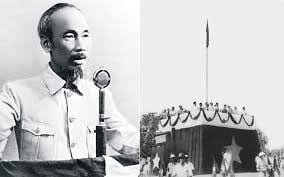
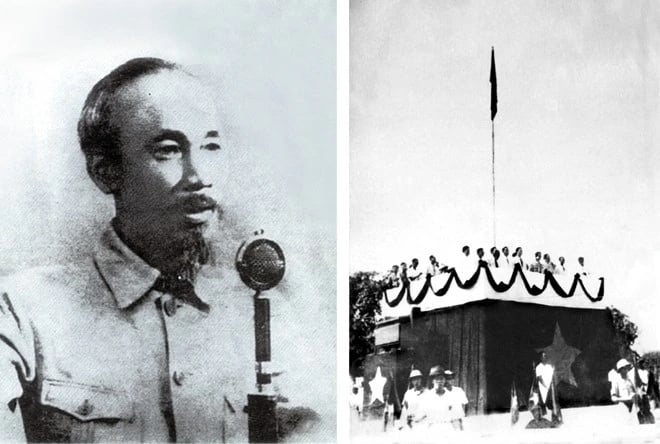
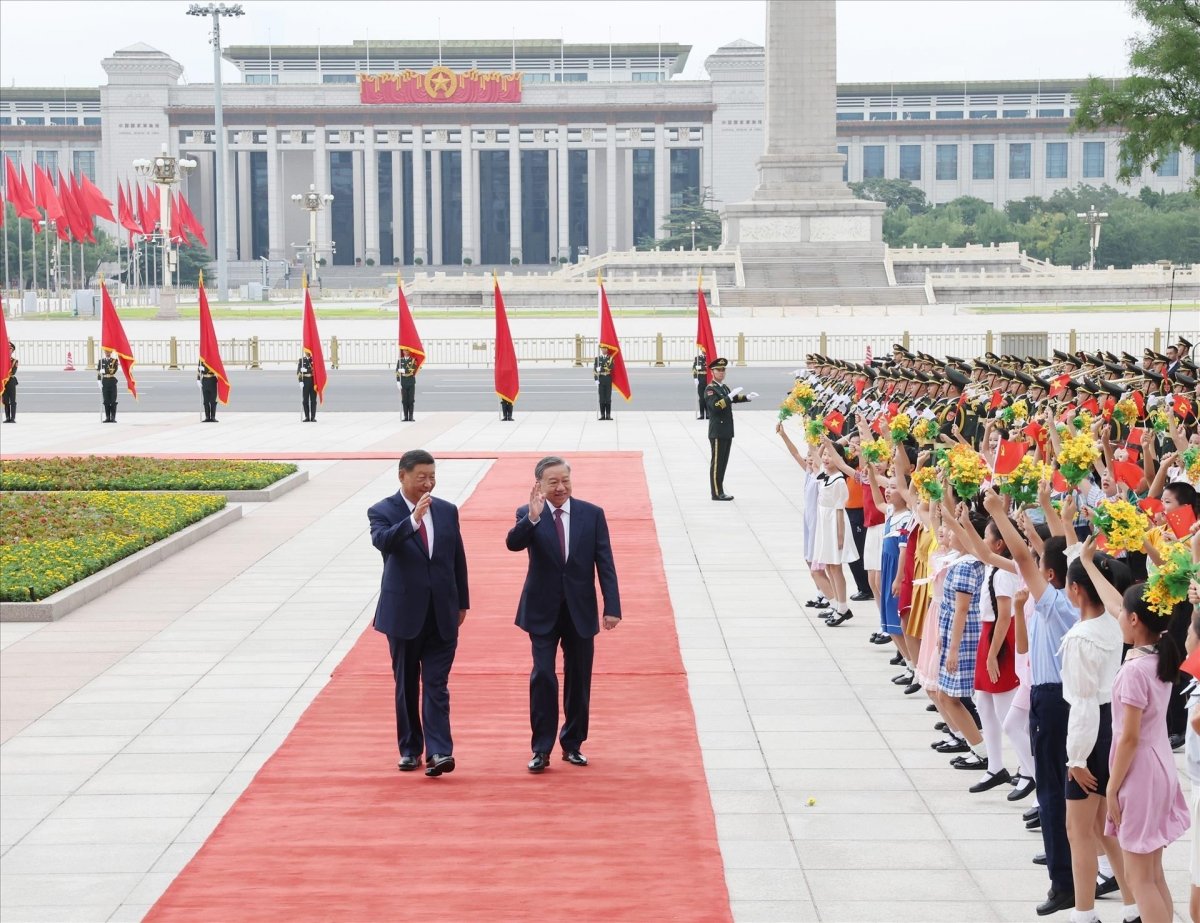


![[Photo] General Secretary To Lam attends the 1st Congress of the Central Party Committee of the Fatherland Front and Central Mass Organizations](https://vphoto.vietnam.vn/thumb/1200x675/vietnam/resource/IMAGE/2025/9/23/2aa63d072cab4105a113d4fc0c68a839)







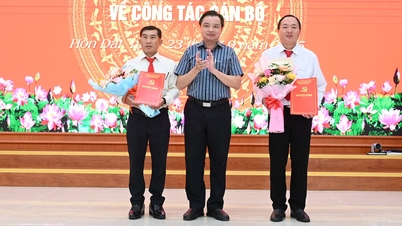



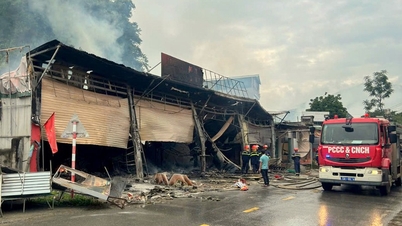









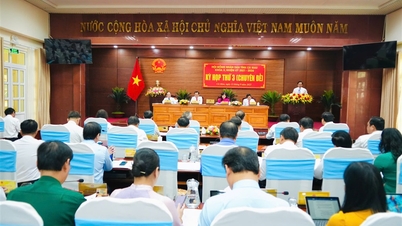
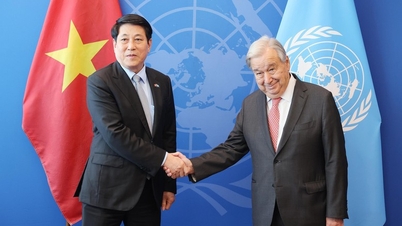
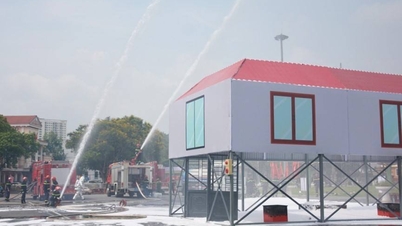

![[Photo] Prime Minister Pham Minh Chinh chairs the first meeting of the Central Steering Committee on housing policy and real estate market](https://vphoto.vietnam.vn/thumb/1200x675/vietnam/resource/IMAGE/2025/9/22/c0f42b88c6284975b4bcfcf5b17656e7)





























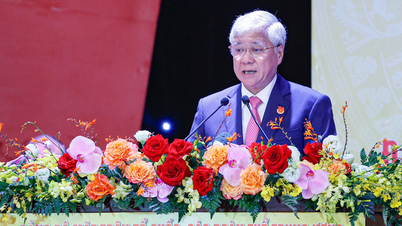











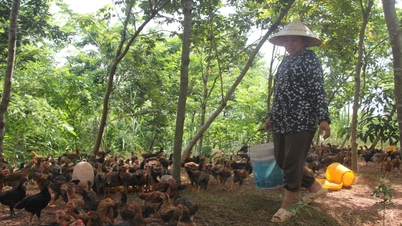

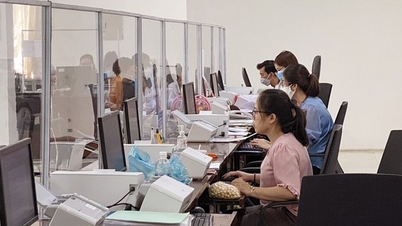


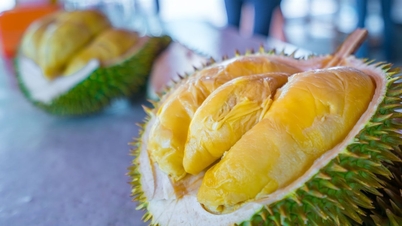



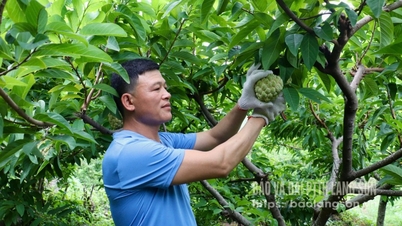

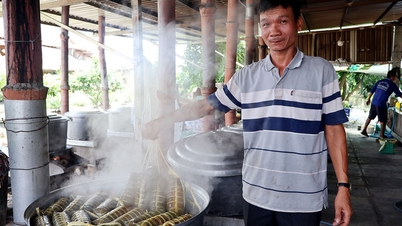


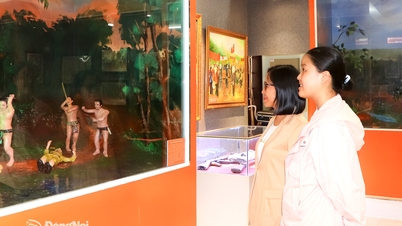


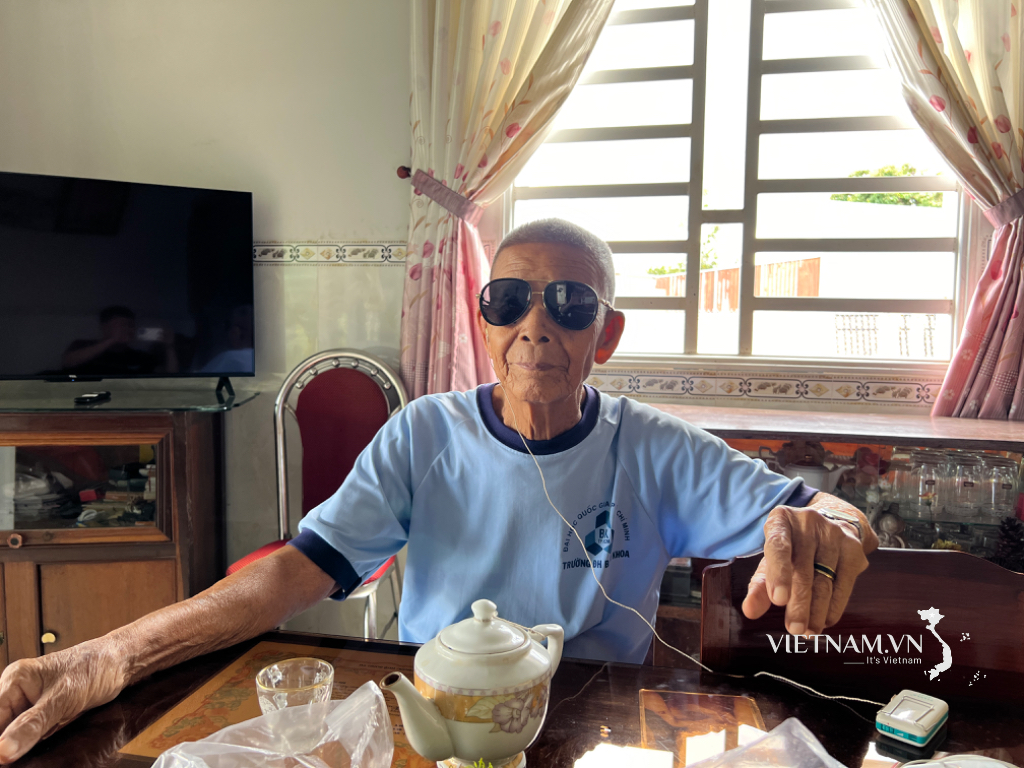



Comment (0)